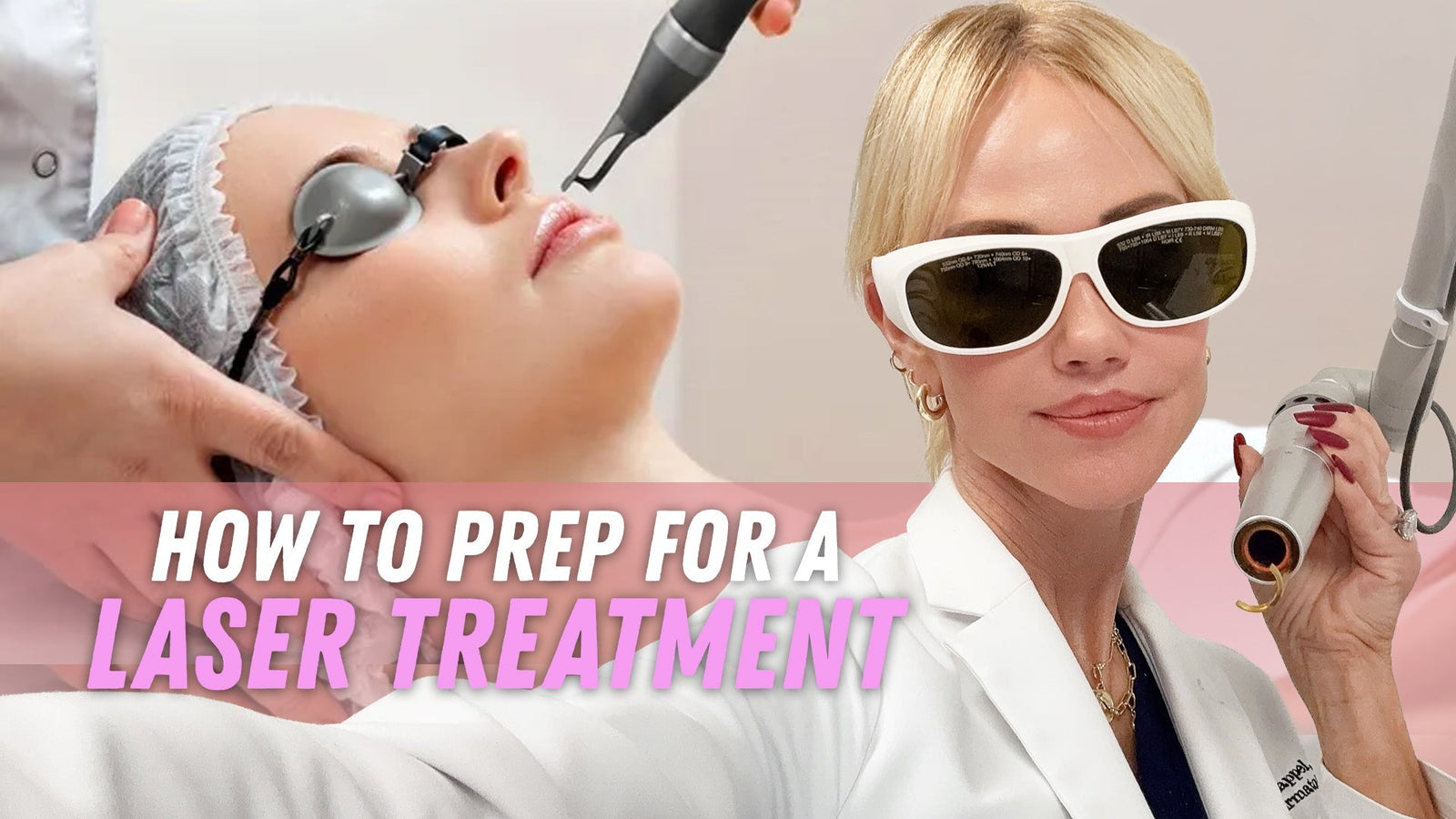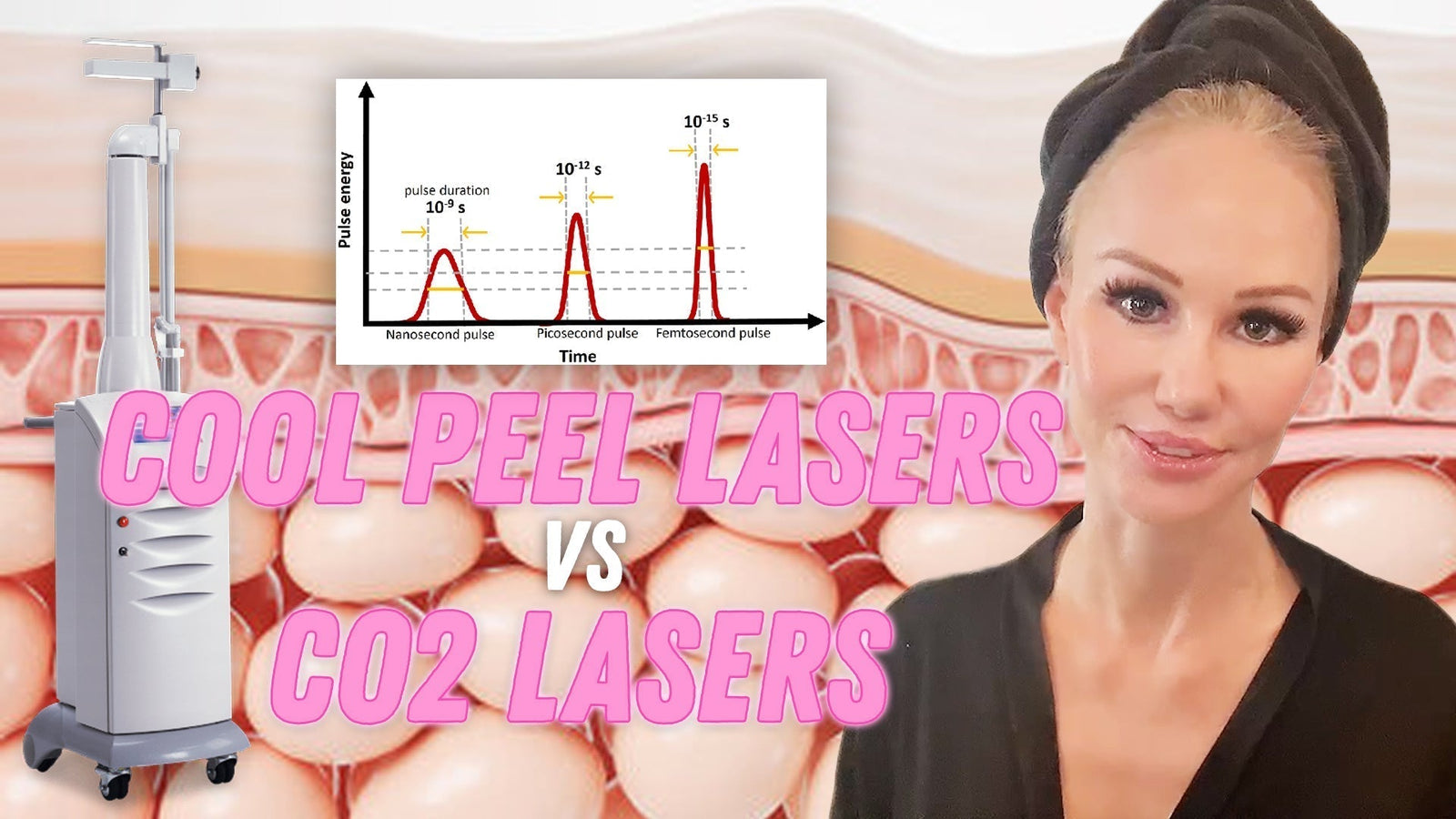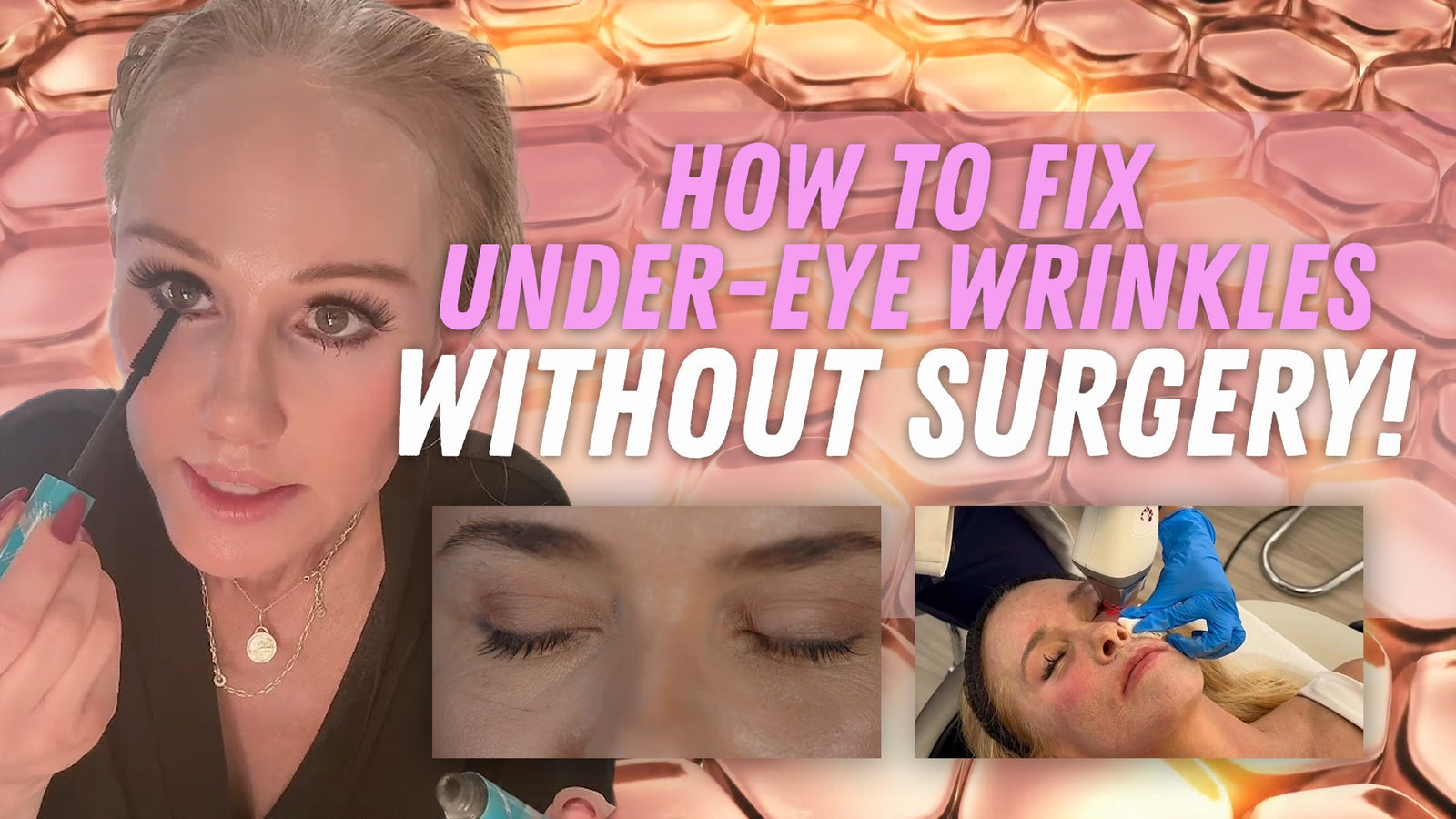As a board-certified double fellowship trained procedural Dermatologist, I've witnessed first hand the alarming rise of complications and misinformation in the field of Aesthetics.
The proliferation of fake credentialing programs and untrained practitioners posing as board-certified aesthetic doctors is a growing concern. In this blog, I aim to shed light on this issue and empower you with the knowledge to make informed decisions about your aesthetic treatments.
Watch the corresponding YouTube video for a deeper dive on counterfeit credentialing in aesthetics.
The Rise of Fake Credentialing:
In recent years, the Aesthetics industry has been inundated with crash courses and fake credentialing programs, leading to a surge in unqualified practitioners offering aesthetic procedures.
Many individuals falsely claim to be "board certified in Aesthetics", deceiving unsuspecting patients and putting their health at risk.
Understanding True Aesthetic Providers:
Contrary to popular belief, there is no legitimate board certification in Aesthetics.
True aesthetic providers typically come from one of the four core specialties: plastic surgery, dermatology, oculoplastics, or ophthalmology. These professionals undergo rigorous training, including residency and fellowship programs, specializing in aesthetic procedures.
Spotting Fake Credentialing:
Fake credentialing programs often mimic legitimate certifications, making it challenging for patients to differentiate between qualified and unqualified practitioners.
However, by asking the right questions and understanding the credentials of your provider, you can safeguard yourself against potential risks.

The Importance of Residency Training:
Residency training in one of the core specialties is essential for becoming a reputable aesthetic provider.
Whether it's plastic surgery, dermatology, oculoplastics, or ophthalmology, these residencies equip practitioners with the necessary skills and knowledge to perform aesthetic procedures safely and effectively.
Identifying Legitimate Training Programs:
Legitimate training programs are accredited by reputable organizations such as the Accreditation Council for Graduate Medical Education (ACGME).
By ensuring that your provider has completed residency training in one of the core specialties, you can have confidence in their qualifications and expertise.
Protecting Yourself:
As a consumer, it's crucial to advocate for your safety by conducting thorough research and asking probing questions before undergoing any aesthetic procedure.
By seeking treatment from qualified, experienced professionals, you can minimize the risk of complications and achieve optimal results.
The proliferation of fake credentialing programs poses a significant threat to patient safety in the field of Aesthetics. By arming yourself with knowledge and understanding the qualifications of your provider, you can protect yourself from potential harm.
Remember, true aesthetic providers undergo rigorous training and accreditation, ensuring that you receive safe and effective care. Stay informed, stay safe, and prioritize your health above all else.
Don't forget to watch the corresponding YouTube video to learn more



